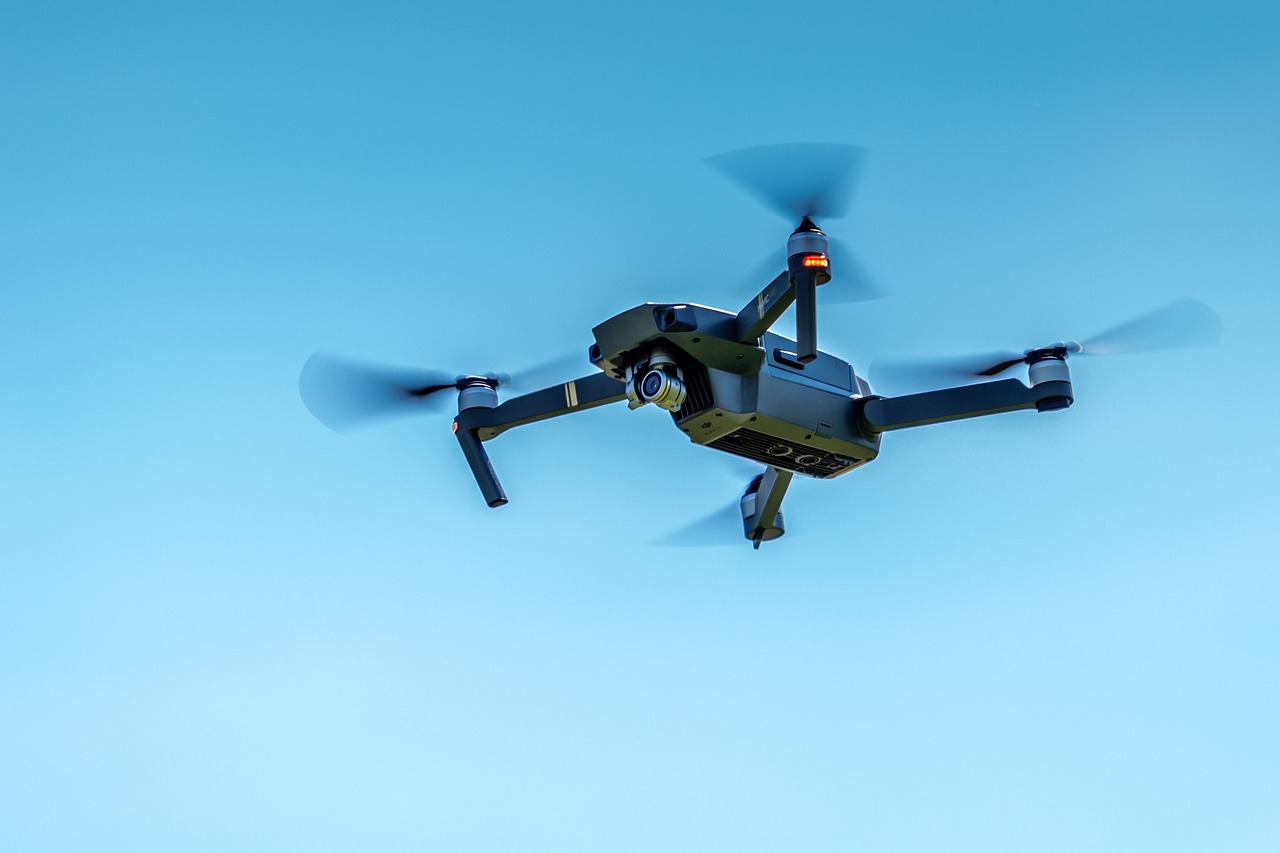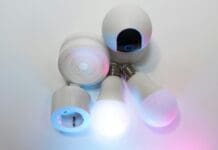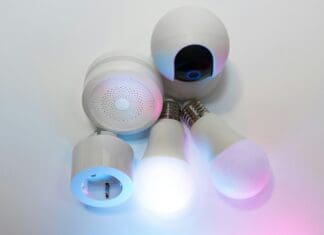This post is also available in:
 עברית (Hebrew)
עברית (Hebrew)
A new study led by researchers at the University of Warwick, in collaboration with the Welsh Ambulance Services University NHS Trust and SkyBound, has demonstrated the potential for drones to significantly reduce response times during cardiac emergencies. The team has tested a system where drones deliver Automated External Defibrillators (AEDs) directly to the scene of a cardiac arrest, offering a promising solution to a critical healthcare challenge in the UK.
In the UK, there are over 40,000 out-of-hospital cardiac arrests (OHCA) annually, and less than 10% of victims survive. Quick access to an AED and prompt CPR can greatly increase the chances of survival, but during emergencies, bystanders often struggle to find an AED nearby. Ambulance teams, while typically equipped with defibrillators, often face delays, particularly in remote or rural areas.
The new drone system aims to address this issue. In simulations conducted in challenging rural environments, a DJI M300 drone was successfully used to deliver an AED in response to a simulated emergency call. The drone was able to fly long distances while maintaining real-time communication with emergency services. The trials indicated that drones could significantly shorten response times, delivering life-saving equipment before an ambulance arrives.
The study also examined the interaction between bystanders, the drone pilot, and emergency service operators. While participants were able to engage with the system, the research highlighted some difficulties in using the AED after delivery. According to the press release, it took 2.18 minutes from the emergency call to drone take-off, but on average, it took 4.35 minutes from the drone’s arrival to the point where a shock was administered, with 2.32 minutes spent on CPR. This delay suggests that while the drone system shows promise, more support from emergency call handlers and clearer public guidance will be necessary to ensure effective use in real emergencies.
The next steps include securing funding for larger trials to refine the system and evaluate its broader potential across the UK’s NHS. This research could pave the way for drones to become an integral part of emergency medical response, helping save lives by delivering critical medical equipment faster than ever before.


























